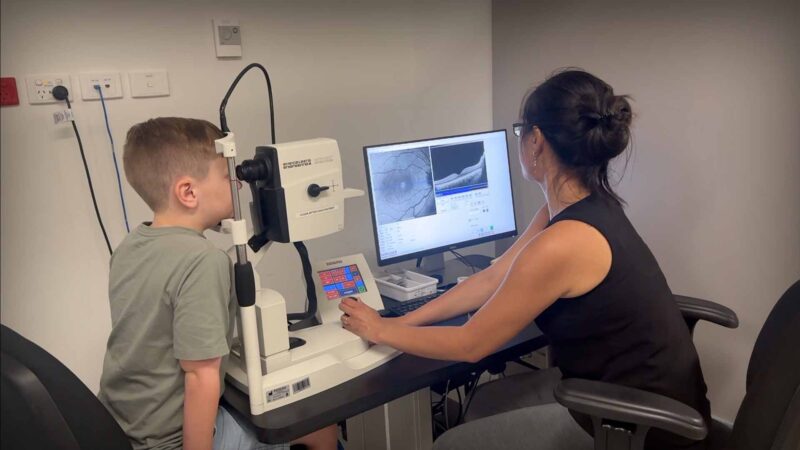RELATIONSHIP BETWEEN LANGUAGE-LITERACY SKILLS AND MENTAL HEALTH
RESEARCHER PROFILE (Filmed April 2024)
Associate Professor Amanda Neil
Select Foundation Principal Research Fellow
Menzies Institute for Medical Research
University of Tasmania &
Health Economics Lead,
Alive National Centre for Mental Health Research Translation
Australia
A/Prof Amanda Neil is a Select Foundation Principal Research Fellow, Menzies Institute for Medical Research, and the health economics lead for the ALIVE National Centre for Mental Health Research Translation. Amanda commenced work in the field of health economics in 1991, and has worked in academia, government and for industry. She was a Member of the Pharmaceutical Benefits Advisory Committee Economics Sub-Committee between 2000 and 2007.
Since commencing at Menzies in 2013, Amanda has established a research program focused on health services and systems, including innovative funding mechanisms and service provision within Tasmania. In 2019, Amanda established the Menzies Mental Health and Wellbeing Research Group to support university and sector wide mental health research in Tasmania. These efforts now include a collaboration with the recently established Tasmanian Centre for Mental Health Service Innovation, including on the current project.
In an innovative move towards enhancing mental health services, Associate Professor Amanda Neil and team, supported by the RHH Research Foundation, are undertaking a crucial study on language-literacy skills of patients within mental health care settings. This year-long project, which commenced in April 2024, seeks to unravel to what extent, where and for whom language-literacy skills are being considered in Tasmanian mental health service provision.
The current project is one Amanda is very passionate about, given her own experience as the mum of a child who experienced significant delays in learning to speak, read and write. This experience leading to her involvement in the 2017 and 2018 Heart of Literacy Symposiums led by 2017 Tasmanian of the Year, Ms Rosalie Martin. Subsequently, A/Prof Isabelle Bartkowiak-Theron, Tasmanian Institute of Law Enforcement and Amanda received philanthropic funding to establish a research program on language-literacy as a social determinant of health and a pathway to resilience and desistence. The current project is extending this foundational work into the domain of mental health service provision.
You Might also like
-
Clinical pathways for acute care in Tasmanian Emergency Departments
Assoc Prof Viet Tran has built Emergency Medicine Research in Tasmania from the ground up, which has culminated in the success of a AUD$3 million Australian Government Medical Research Futures Fund grant looking into the Implementation of Clinical Pathways for Acute Care in Tasmania project. Dr Tran is also the Emergency Medicine Discipline lead within the Tasmanian School of Medicine and has key roles to play within Emergency Medicine training. He feels privileged to be able to teach and mentor across the whole spectrum of becoming a doctor, from watching students grow into junior doctors, senior registrar and as fellow medical specialists.
-
Visceral pain and the gut-brain axis
Professor Stuart Brierley is Director of the Visceral Pain Research Group, Director of the Hopwood Centre for Neurobiology, and Theme co-Leader of Lifelong Health at the South Australian Health and Medical Research Institute (SAHMRI).
Prof Brierley is an international expert on the ‘gut-brain axis’ and chronic visceral pain mechanisms. Current investigations are on a individual cell type called the enterochromaffin cell, and it helps signal pain and anxiety from the gastrointestinal tract to the brain.
-
Genetics of the choroid and impact on eye health
Professor Daniel Fatovich is a senior emergency physician and clinical researcher at Royal Perth Hospital Emergency Department (ED), with over 30 years’ experience in the design and conduct of clinical research in Emergency Medicine. He is also Head of the Centre for Clinical Research in Emergency Medicine (CCREM) within the Harry Perkins Institute of Medical Research.



